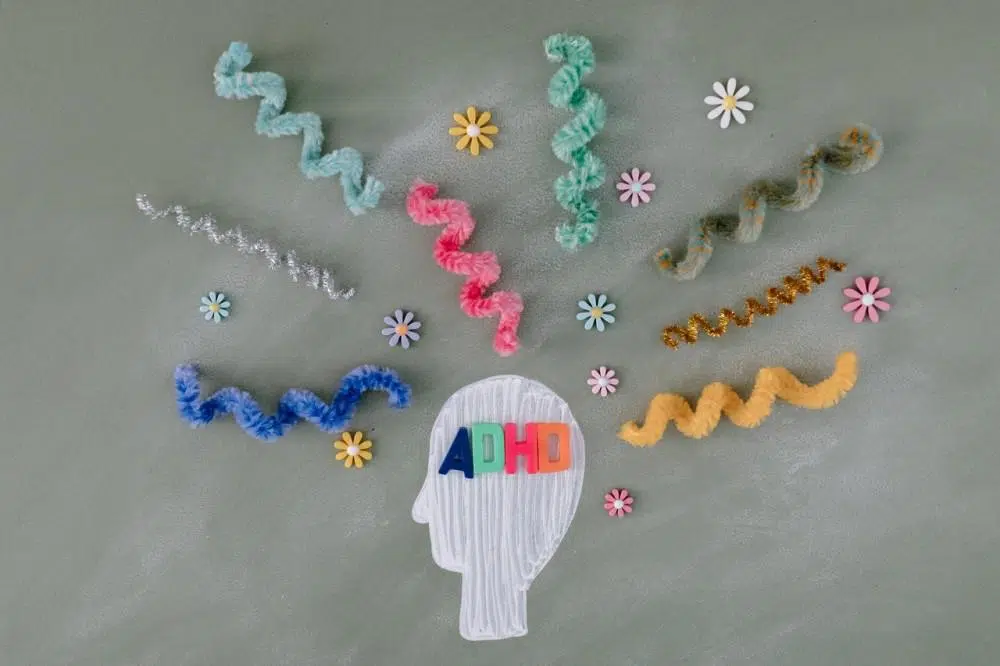5 Warning Signs That You May Have Adult ADHD

Attention-Deficit Hyperactivity Disorder, more commonly known as ADHD, is usually diagnosed in kids. Because of this, adults have a misconception that they can’t have ADHD now that they are older.
The truth is adults may experience a more subtle onset of ADHD symptoms which makes it hard to determine if they have the disorder. They may not immediately notice the symptoms because they think it is just a normal reaction to their environment and daily habits.
Here are five symptoms of ADHD in adults that you need to watch out for. In case you experience any of the following, please consult a medical professional for proper diagnosis and treatment.
1. You Often Feel Disorganized
People with ADHD usually struggle with juggling several tasks. It is especially hard for adults because they have more responsibilities: a job, a spouse, kids, bills, and a lot more. They often get confused or overwhelmed about what they should prioritize.
People with ADHD often cannot correctly put their tasks and responsibilities in a hierarchy—their minds tell them that two or more things are equally important, which then confuses them. So for people who have ADHD, the disorganization is not tied to laziness—it is leaning more on confusion.
2. You Cannot Finish a Task Immediately
Most people associate this symptom with laziness. They do not know that this is common in kids with ADHD, which means this is also a symptom in adults. You might think that you are just having a bad, lazy day if you cannot begin tackling a critical task immediately. That is possible, but if you have too many days that go the same way, then it might be a sign of ADHD.
People with ADHD usually have trouble starting tasks that need a lot of attention, and they often develop habitual procrastination because of it.
3. You Easily Get Distracted
From its full name, ADHD involves issues related to attention. This is why people with this disorder struggle with organizing and doing tasks—they cannot really focus.
Being easily distracted is such a significant hindrance, especially in today’s fast-paced world. This trait can easily ruin your academic performance, career progress, and even social life. People with ADHD can get distracted even with just a single ping of a phone or an email or even a stray random thought.
4. You Feel a Persistent Restlessness
Adults with ADHD are usually described as edgy or tense because they just cannot relax. This situation is dissimilar to kids with ADHD because those children are hyperactive. Adults with ADHD are not boisterous at all—they are just restless and continuously worried about something, leading to a foul mood.
5. You Experience Sudden Bursts of Anger
People with ADHD often feel frustrated. It may be because they want to be productive but cannot do so, or they are just so worried about so many things. Some feelings make them want to “explode” even over minor things. They may also struggle with controlling their emotions, so their anger can either fade quickly or last long.
Final Thoughts
ADHD is a disorder that needs patience and understanding. If you think you are exhibiting signs and symptoms of ADHD, you should find a way to address this concern and get some help from experts right away.
If you need assistance with any mental health concerns, the Thriving Center of Psychology offers online counseling with a skilled mental health therapist to help you get through your condition. Book an appointment with us today!

The Link Between Social Media and Depression
In today’s world, scrolling through social media is as routine as brushing our teeth. We open apps out of habit — on the train, in bed, while waiting in line. Platforms like Instagram, TikTok, and Facebook keep us connected, informed, and entertained.

Signs Depression is Taking a Toll on Your Relationship
Depression can impact every part of a person’s life, from their work to their romantic relationships. Dealing with depression can take its toll on both the person with depression and the supporting partner. If you’re worried that depression is affecting your relationship, understanding its impact is an important first step.

Anxiety Attack and Panic Attack Differences
’s easy to mix up anxiety and panic attacks. While anxiety attacks and panic attacks do have overlapping symptoms, they are different. Let’s get into the differences between anxiety and panic attacks so you can be in a better position to get the help you need.

How to Overcome Procrastination and Anxiety
Procrastination is a very typical human experience. At some point or another, we’re all guilty of putting off that task we know is important. Maybe it’s household chores, filling your taxes, paying bills, or some other mind-numbingly boring task.




